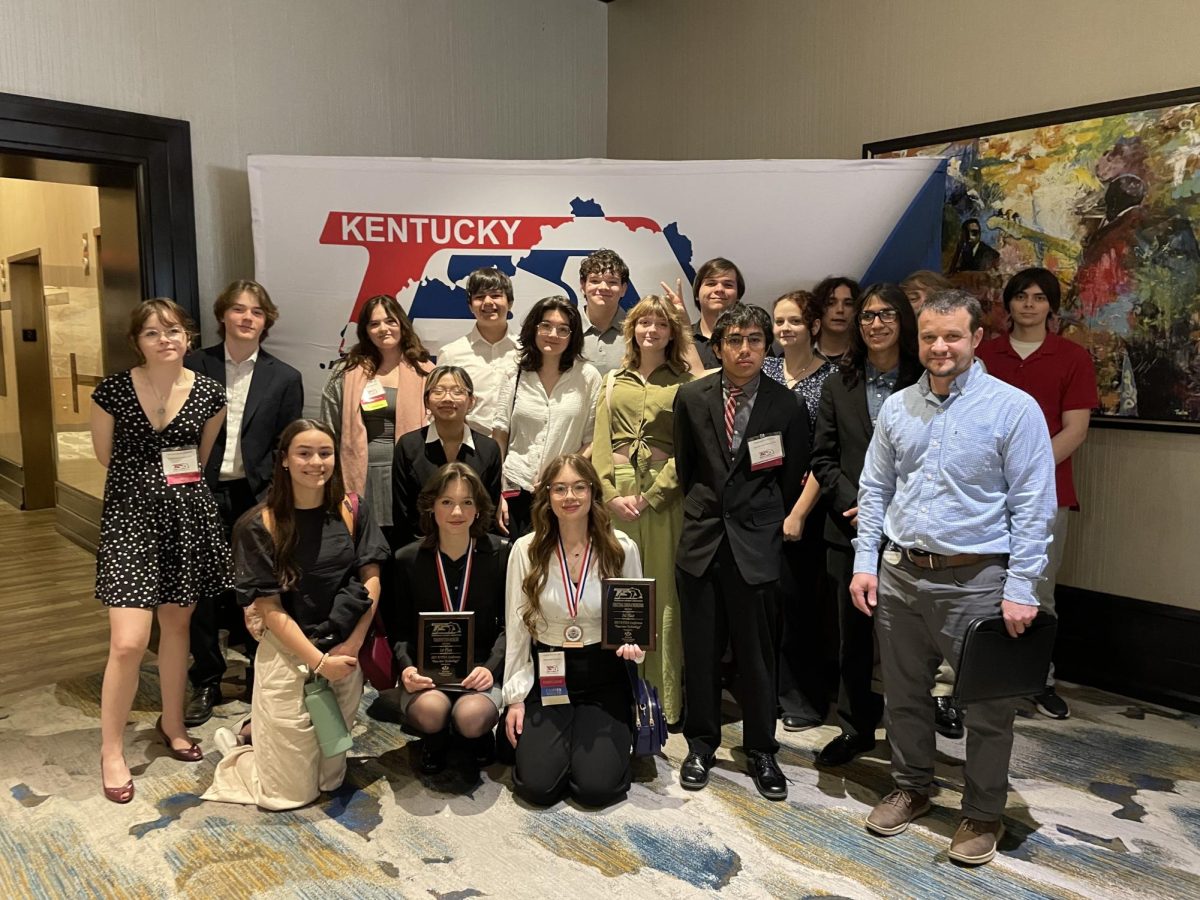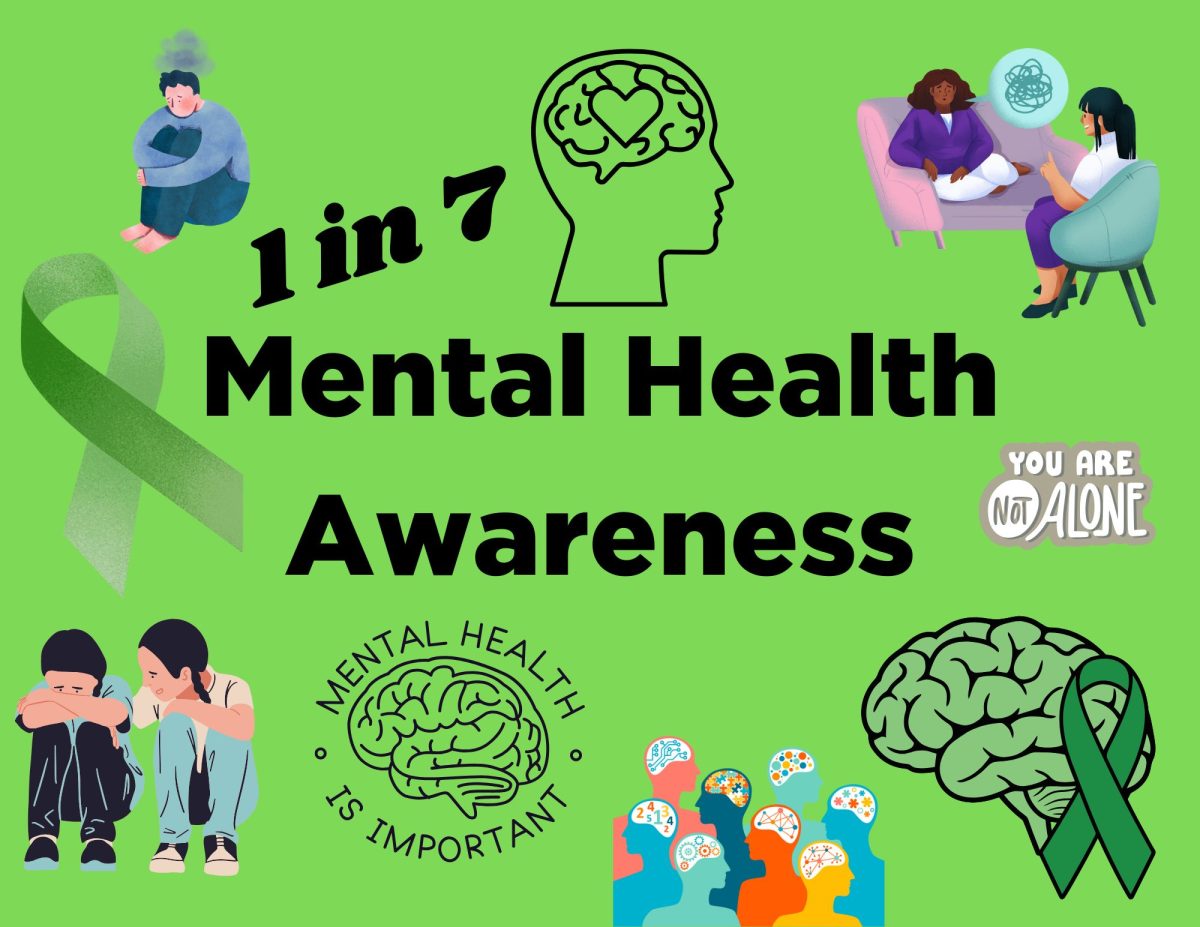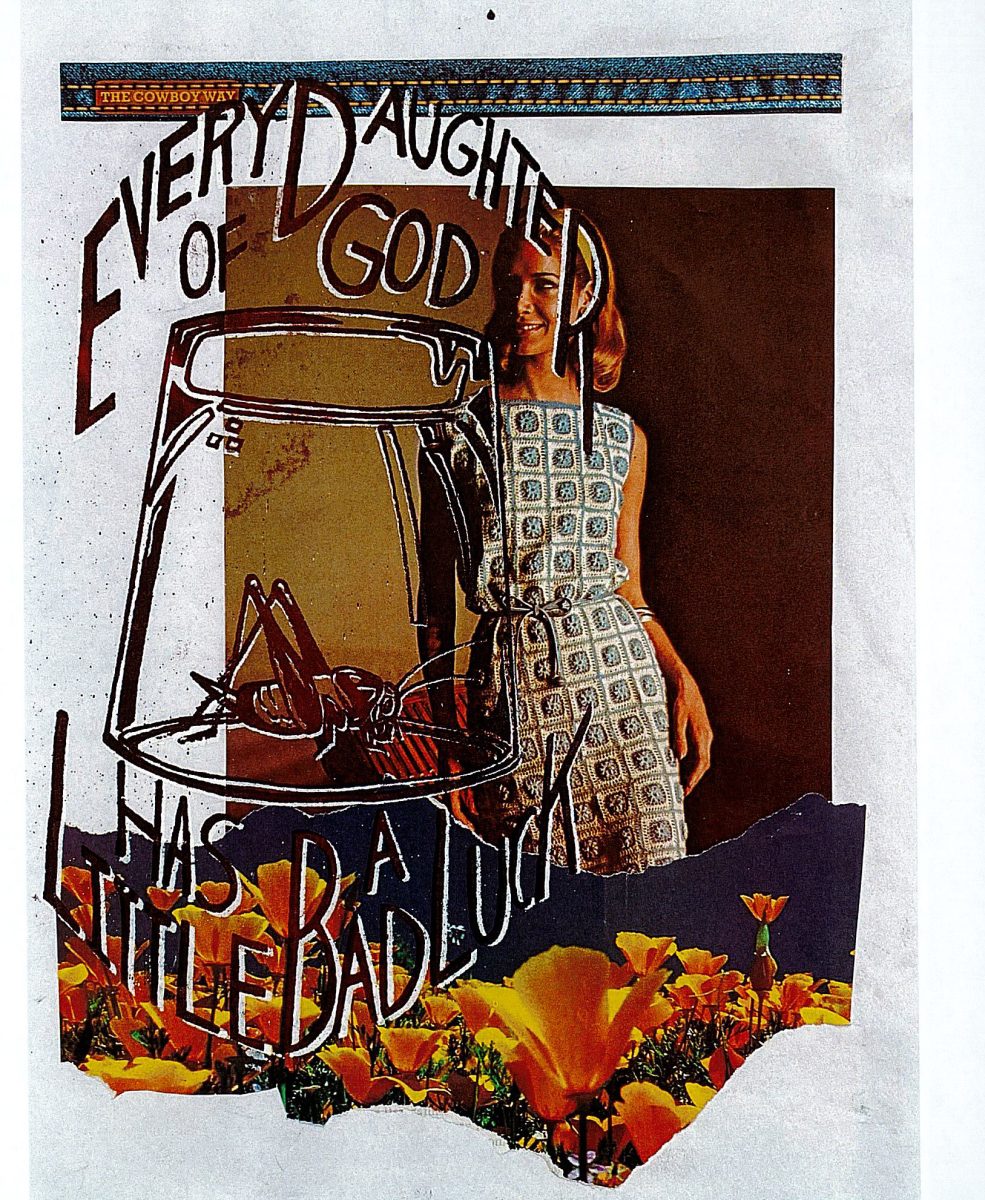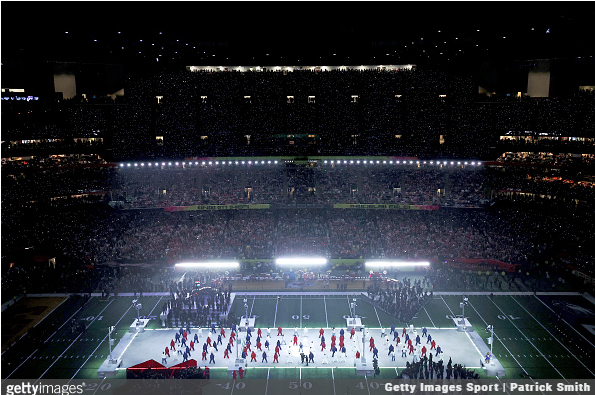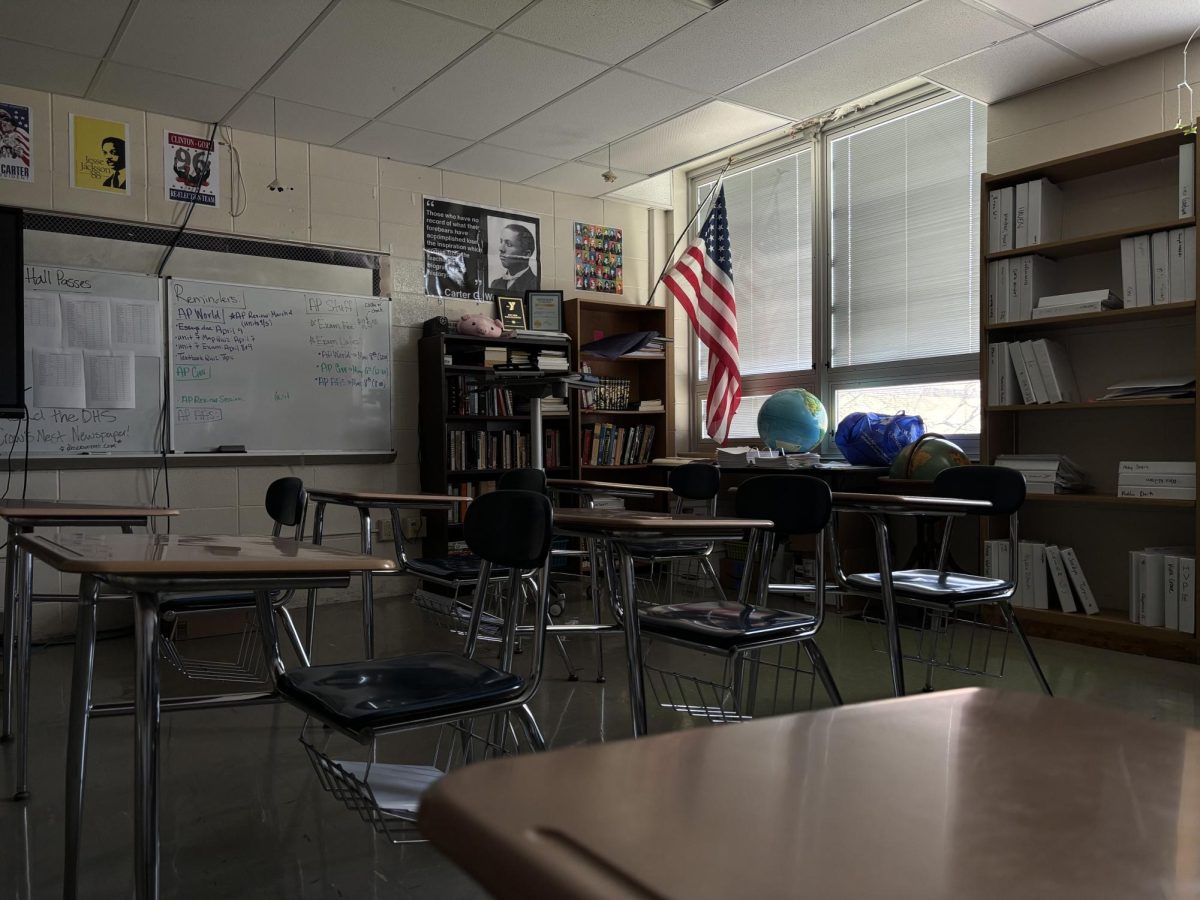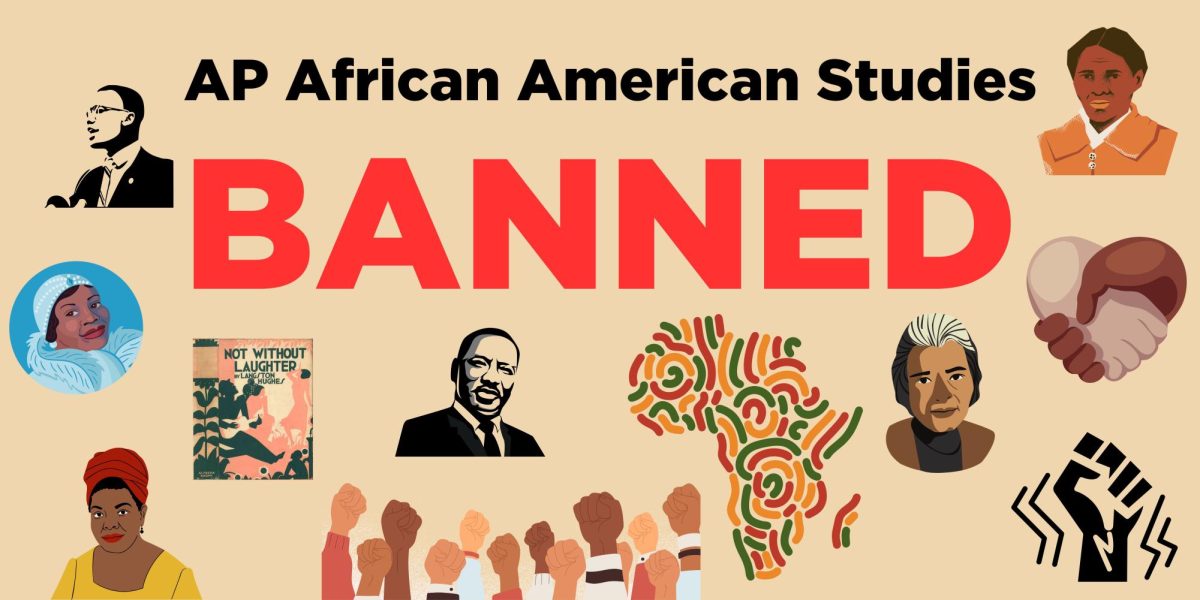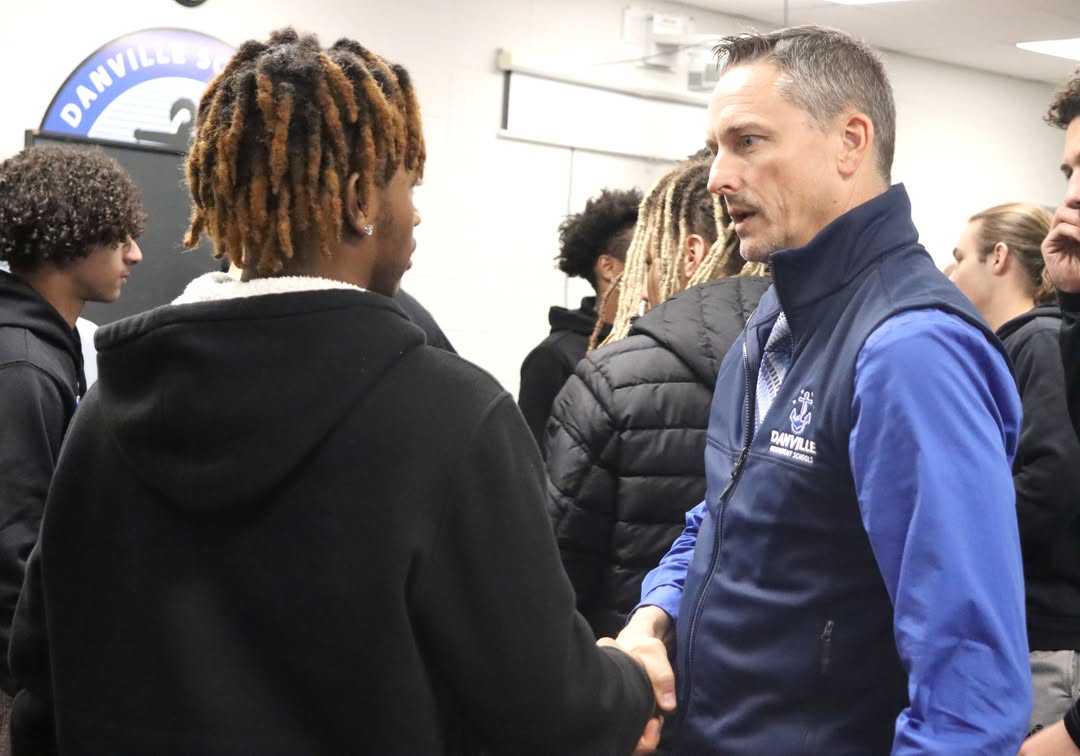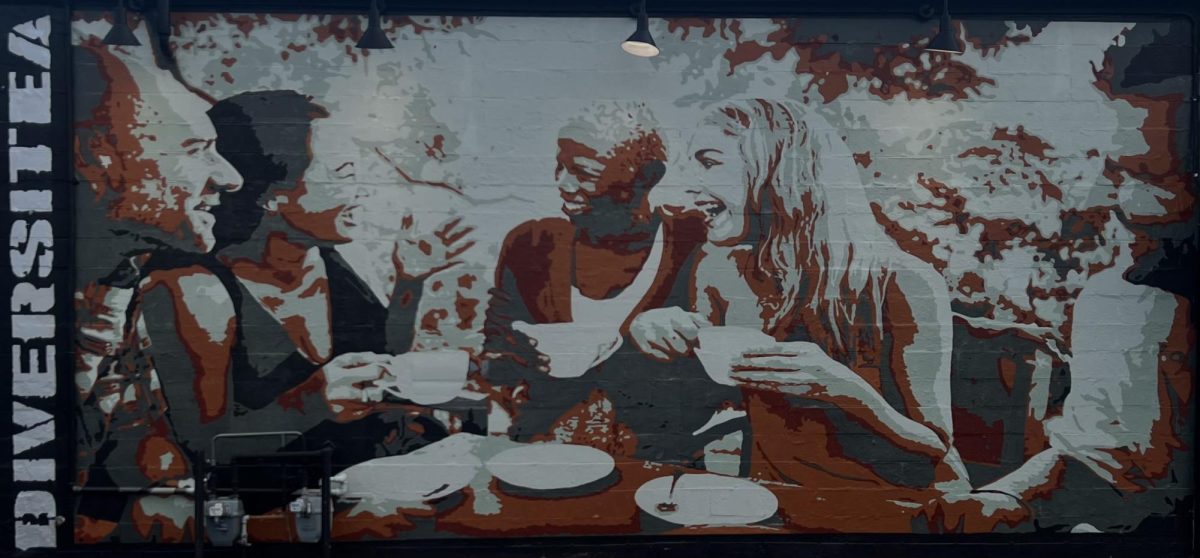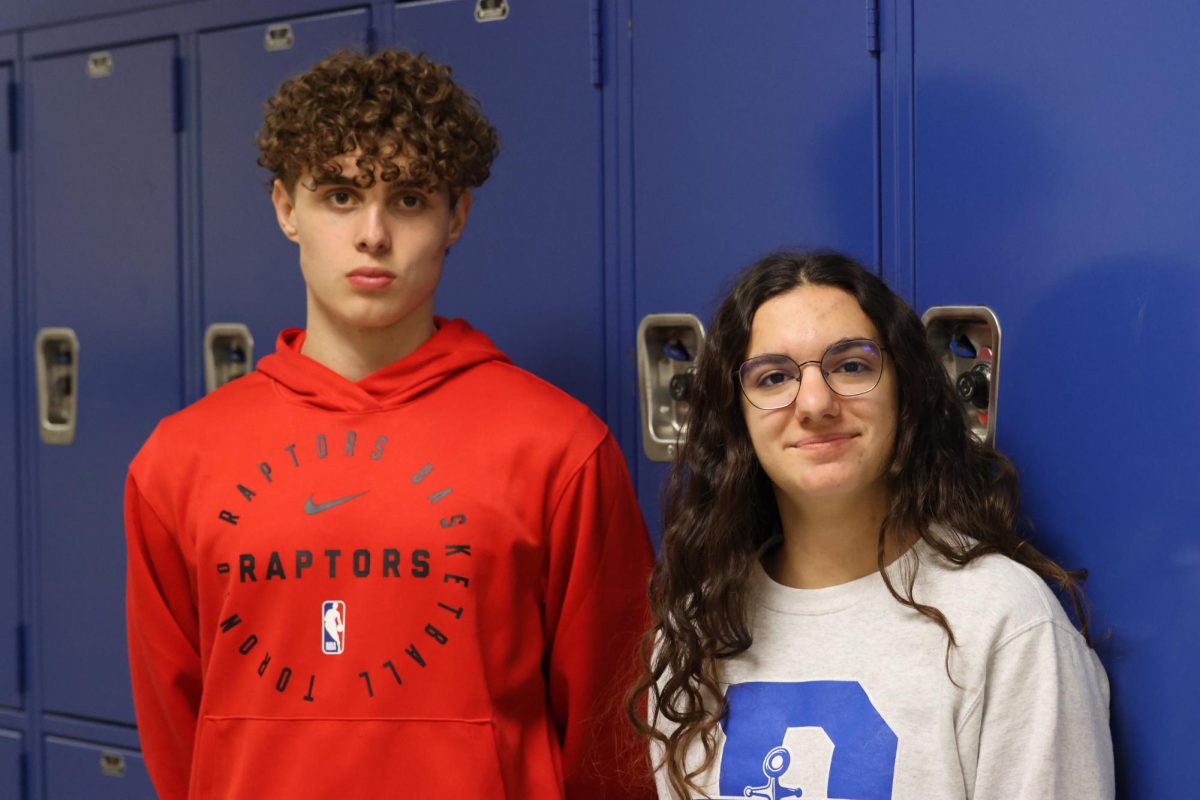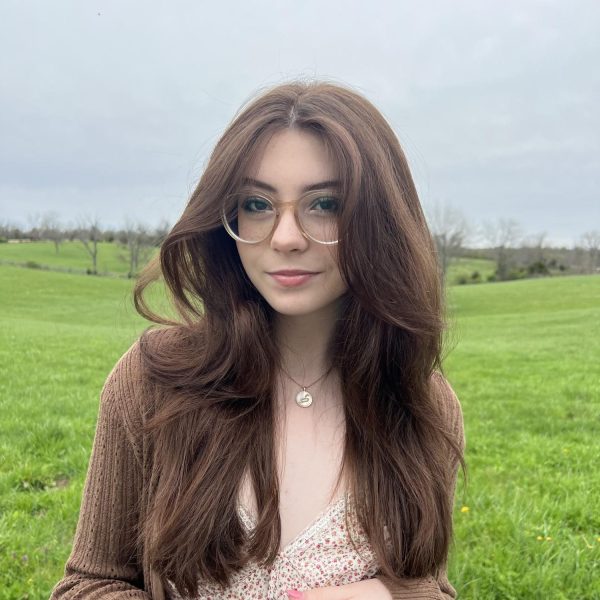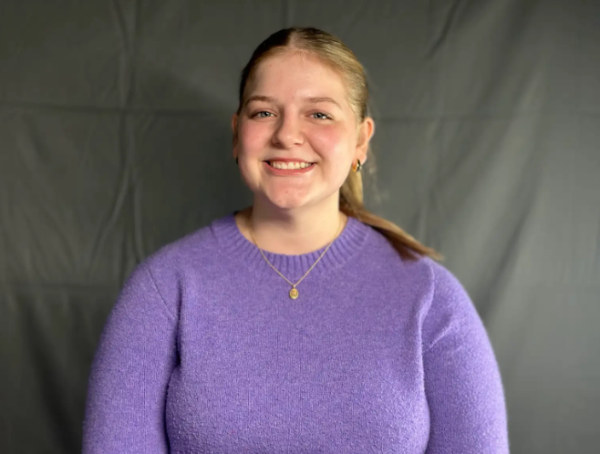Mattia Bernasconi and Gaia Queirolo are Danville High School seniors living in the United States on an exchange year away from Italy. With a plethora of cultural, linguistic and other differences between Danville and the varying regions of Italy, Bernasconi and Queirolo shared their opinions and experiences about life in the United States so far. After sitting down for introductions, they answered the following questions:
“Where are you from?
BERNASCONI: “Milan, Italy.”
QUEIROLO: “Genova, Italy.”
“What are your hobbies? Have you tried anything new since coming to America?”
BERNASCONI: “Playing soccer … I have more time to play since coming to school here, and there’s not as much time back at home.”
QUEIROLO: “Sports are my main hobby; I’ve tried so many. In Italy, I was doing aerial disciplines and playing basketball, but here I’ve tried some new ones, and soccer was for sure my favorite.”
“What do you think about your high school experience in America so far?”
BERNASCONI: “School is a lot different here—it’s a lot more fun. At home, the schoolwork is much heavier. It’s different here, but it’s nice.”
QUEIROLO: “It is very good and a lot different from what I was used to. It’s fun, the people are amazing, and it’s encouraged to do other activities after school. We are used to a lot of work and strict teachers who often don’t appreciate if, after school, you spend time practicing instead of studying.”
“What are some differences between American and Italian school systems?”
BERNASCONI: “Well, we don’t have six periods every day. Instead, we have an overall 16 subjects. I take the hardest type of school there is, which is science-based, and I think Gaia does, too. The workload is a lot more, and we have to take five years of high school.”
QUEIROLO: “Mattia is right. We do the same school, just in two different cities. Our high school system is different because, as he says, not only do we have a lot of work and five years, but we don’t get to choose our classes. After middle school, you choose a high school that is centered in a specific area, like how we are in the science one, but there are a lot for each different group of subjects. Your classes are the same for all the five years.”
“What do you want to do after you fully graduate?”
BERNASCONI: “University for engineering—Politecnico di Milano. After I graduate college, I plan to do another exchange year, this time in New York City.”
QUEIROLO: “I’m not sure yet on what I want to major in, but I’m pretty sure I’ll go to the university in my city.”
“Considering all that, I have to ask, what languages do you speak?”
BERNASCONI: “Italian, English, Spanish, French—and, do dialects count?”
“Yes!”
BERNASCONI: “Then Milanese, too.”
QUEIROLO: “Italian, English, French, and I’ve never spoken Spanish out loud, though I understand it pretty well and can say a few basic things. Genovese is the dialect of my city. It’s getting lost, but I know a few words, and some words are used daily.”
“What’s something you miss or love about your hometown?”
BERNASCONI: “Milan is a big city. So, the ability to go anywhere with public transport and do anything I want—all of that being within five minutes of my house.”
QUEIROLO: “Genova is not as big as Milan, but still it’s a big city. Most of all I miss the food and the place in general, but the public transportation, too. I always thought it was bad, but being free to move and quickly reach everything is amazing. Since we can’t drive here, I think that’s why we are missing it so much—a car would make it all easier.”
“What do you think specifically about Danville?”
BERNASCONI: “I like Danville, but it is smaller than I am used to—it has a lot we don’t have, though. It seems easier to move around here with a car, I really wish in Italy we had the ability to drive at 16.”
QUEIROLO: “Danville is a nice place, but it’s very small and there’s not a lot to do. For sure it’s easier to get around with the car. In Genova, it is almost impossible—especially downtown.”
“What’s the driving age in Italy?”
BERNASCONI: “18, but the drinking age is a lot different. It’s legal to drink at 16, and in some areas, 14.”
QUEIROLO: “For cars and big motorcycles, it’s 18. For small motorcycles you can do it at 16—a few at 14—but the most important driver license is the one at 18.”
“What do you think about the food in America?”
BERNASCONI: “We don’t have school lunch in Italy. We get out of school at 2 p.m. That’s something I’ve had to adapt to. Food here is a lot more unhealthy—desserts are packed with sugar.”
QUEIROLO: “The time you guys eat was hard to adapt to. I’m not so picky, but the food is the worst part of this. It’s not healthy at all, and a lot of things are spicy or very greasy. I can’t handle all the chemicals, so I often have to take medicine.”
“What time does your school in Italy start?”
BERNASCONI: “We start school at 8 a.m. — well, 7:55 usually.”
QUEIROLO: “I start at 7:50 a.m.”
“What made you decide to do an exchange year? How is it living with a host family?”
BERNASCONI: “Most people in Europe see the U.S. as an amazing place in movies, and I lived in Danville when I was little, so I wanted to relive some of that. Living with the host family is fun and helps to not miss home as much; I’m doing good here.”
QUEIROLO: “I have family in the U.S., so I have already traveled around the states a few times. I really liked it, so I wanted to try and figure out new aspects of it. My host family is similar to mine. I have a mom, dad, a little sister and animals, so I don’t get to feel too much emptiness. Of course there are moments in which I miss my family, but I’m doing really well. I wish I could do more things; I was expecting to go around more so the hard part was accepting this.”
“As for a fun question, since you like to travel, if you could visit anywhere in the world, where would you go?”
BERNASCONI: “For countries I haven’t been to, I’d want to visit Brazil, Japan and probably Australia.”
QUEIROLO: “That I’ve never been to, I would say Greece and places like that. I’m also very interested in the northern places. Australia, Japan, and also the places in Italy I still have to visit.”
Having exchange students at Danville High School can be a source of great curiosity, enhanced learning and, often, connection. Though from cultures and backgrounds entirely different from an upbringing in Danville, fostering connections from outside of what students are typically accustomed to is extremely important.



